

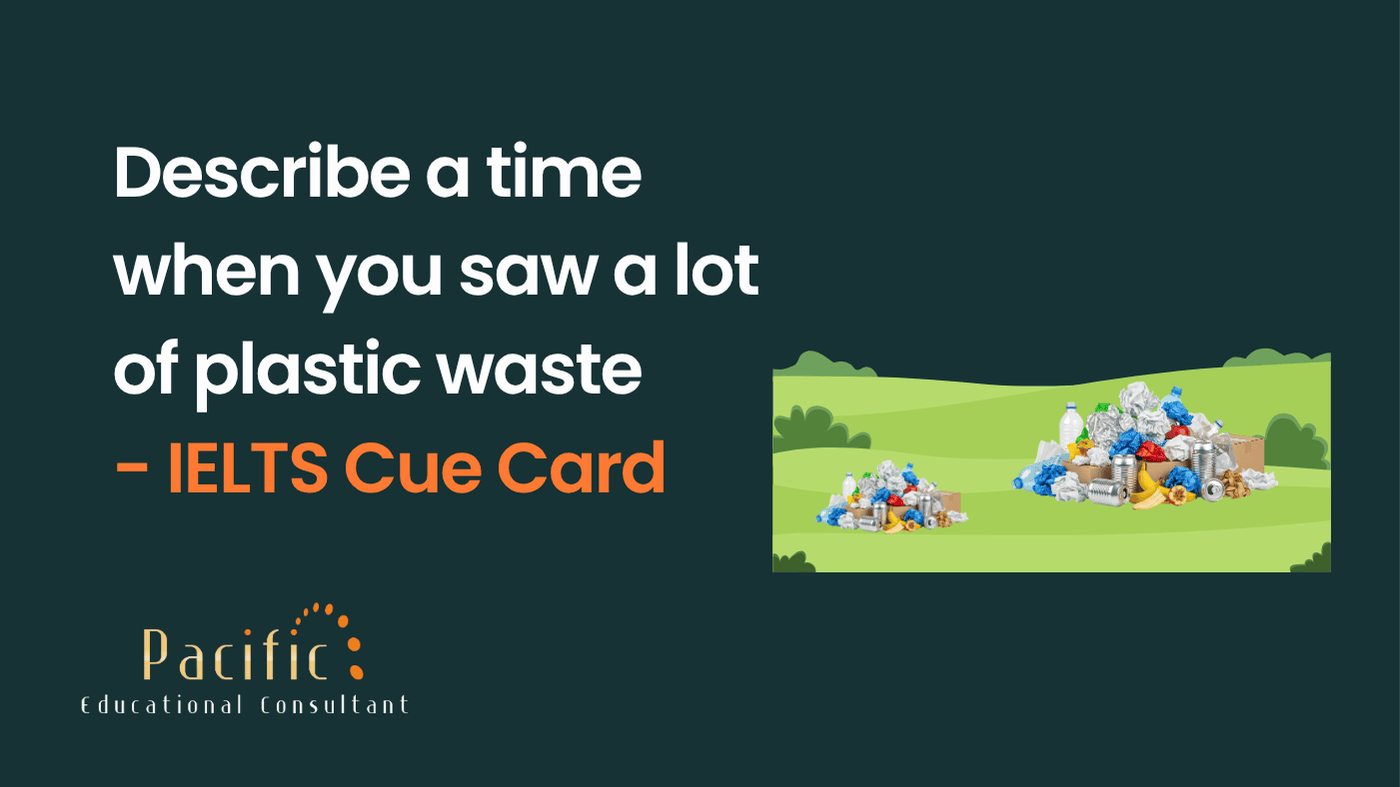
You should say:
I remember visiting a nearby lake in my city about a year ago. It was a popular picnic spot where families often gather during weekends. Unfortunately, when I reached the lake, I was shocked to see a large amount of plastic bottles, bags, and food wrappers scattered around the water and along the walking path.
The main reason for this waste was careless human behavior. People who came for picnics or morning walks were using single-use plastic and throwing it on the ground instead of disposing it in dustbins. Another reason was the lack of enough waste management facilities in the area, as there were only one or two bins which were already overflowing.
After noticing the situation, I avoided sitting near the lake and instead looked for a cleaner spot. I also collected a few plastic bottles lying close to me and put them into the bin, even though it was full. Later, I posted about the problem on social media and tagged the local municipal authority, urging them to take action and arrange more bins in the area.
I felt quite disappointed and sad to see how beautiful places are being spoiled due to irresponsible habits. It made me realize how urgent it is for people to be educated about environmental protection. At the same time, I felt motivated to contribute in my own small way, by spreading awareness and reducing my personal use of plastic. That incident strengthened my belief that collective efforts are necessary to keep our surroundings clean and safe for future generations.
I think plastic products should be used only when absolutely necessary. They are convenient and cheap, but their negative impact on the environment outweighs the benefits. We should shift towards eco-friendly alternatives like cloth, paper, or biodegradable packaging.
We can reduce plastic use by carrying reusable bags and bottles, avoiding single-use straws and cutlery, and choosing products with minimal packaging. Recycling and spreading awareness about sustainable choices are also effective methods.
In my country, the most common plastic waste includes shopping bags, disposable cups, water bottles, food wrappers, and packaging material. These are often found littered on streets, in markets, and even in rivers.
People prefer plastic products because they are cheap, lightweight, durable, and easily available. For example, plastic bags are given free in many shops, so people find them more convenient than carrying reusable bags.
The government can impose strict bans on single-use plastics, promote recycling programs, and encourage industries to adopt biodegradable packaging. Awareness campaigns in schools and communities can also make people more responsible.
Completely eliminating plastic might be difficult because it is widely used in medicine, technology, and construction. However, I believe we can significantly reduce unnecessary plastic by replacing it with eco-friendly alternatives and innovative materials.
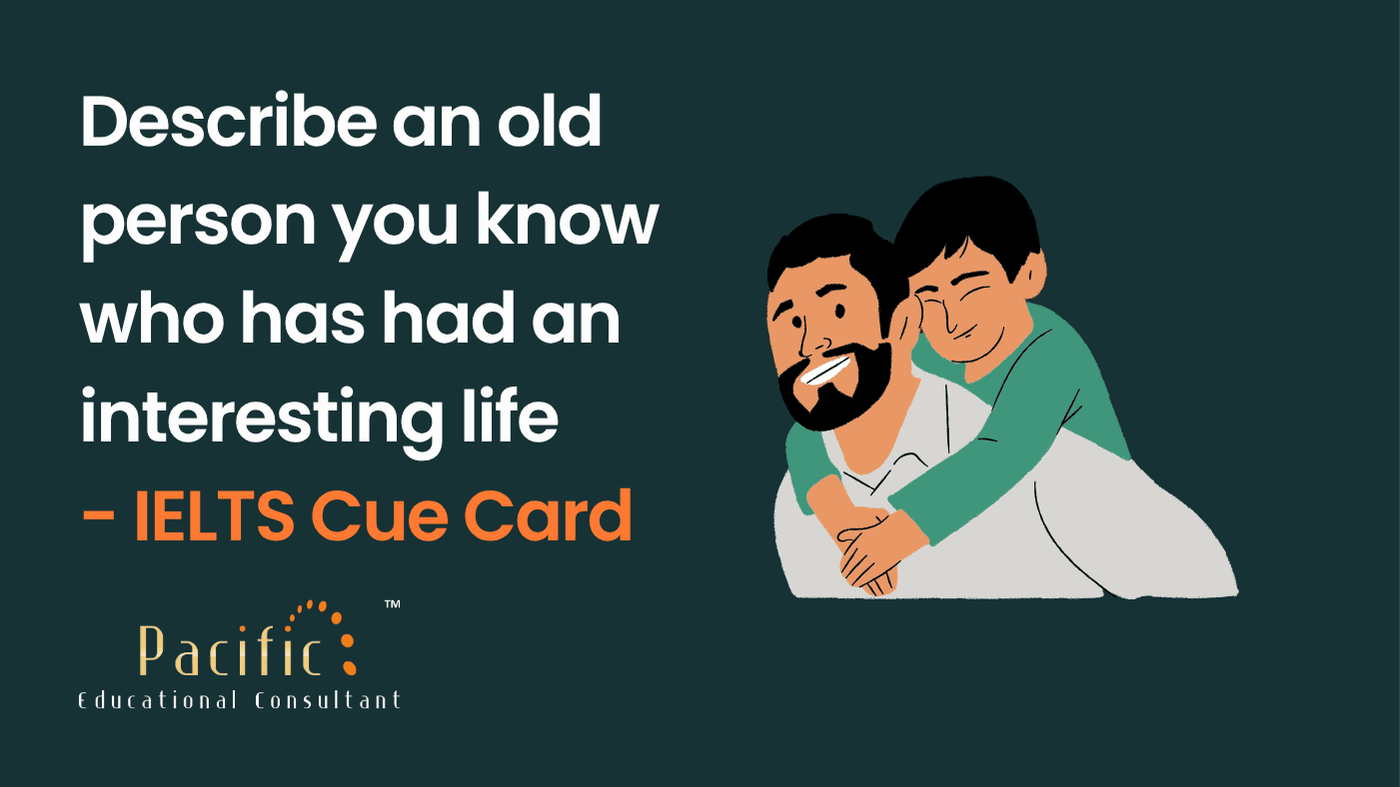
Describe an old person you know who has had an interesting life - IELTS Cue Card
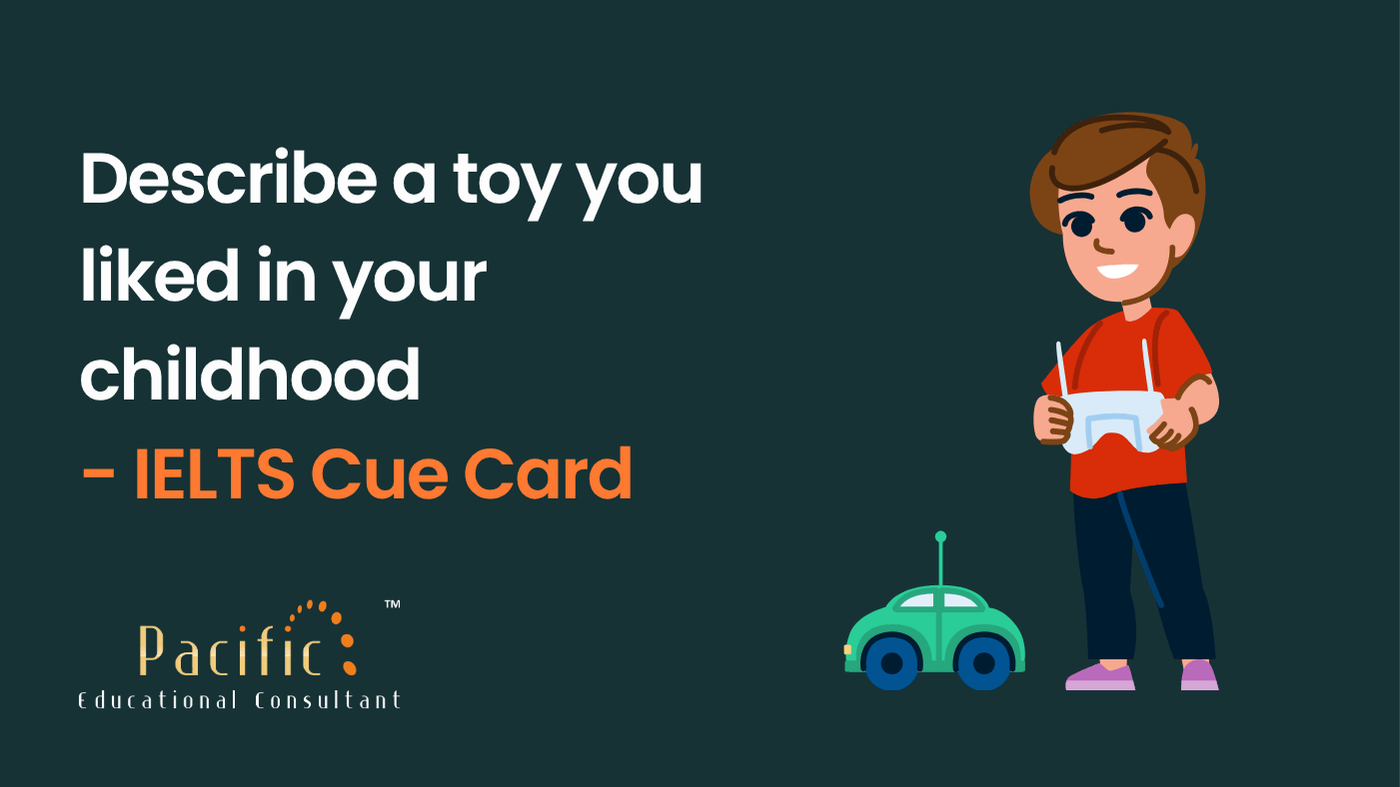
Describe a toy you liked in your childhood - IELTS Cue Card
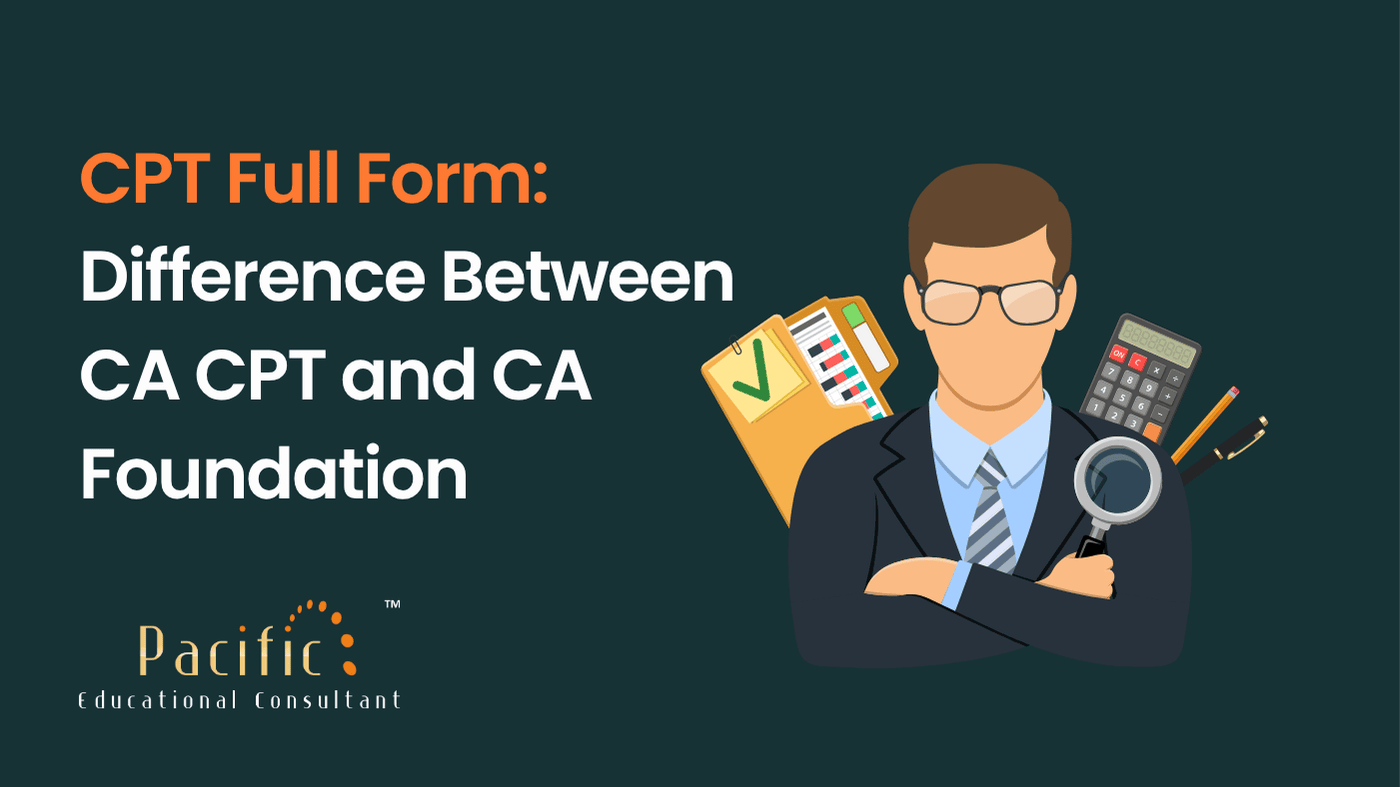
CPT Full Form: Difference Between CA CPT and CA Foundation

5 Indian Freedom Fighters Who Studied Abroad and Changed India’s History
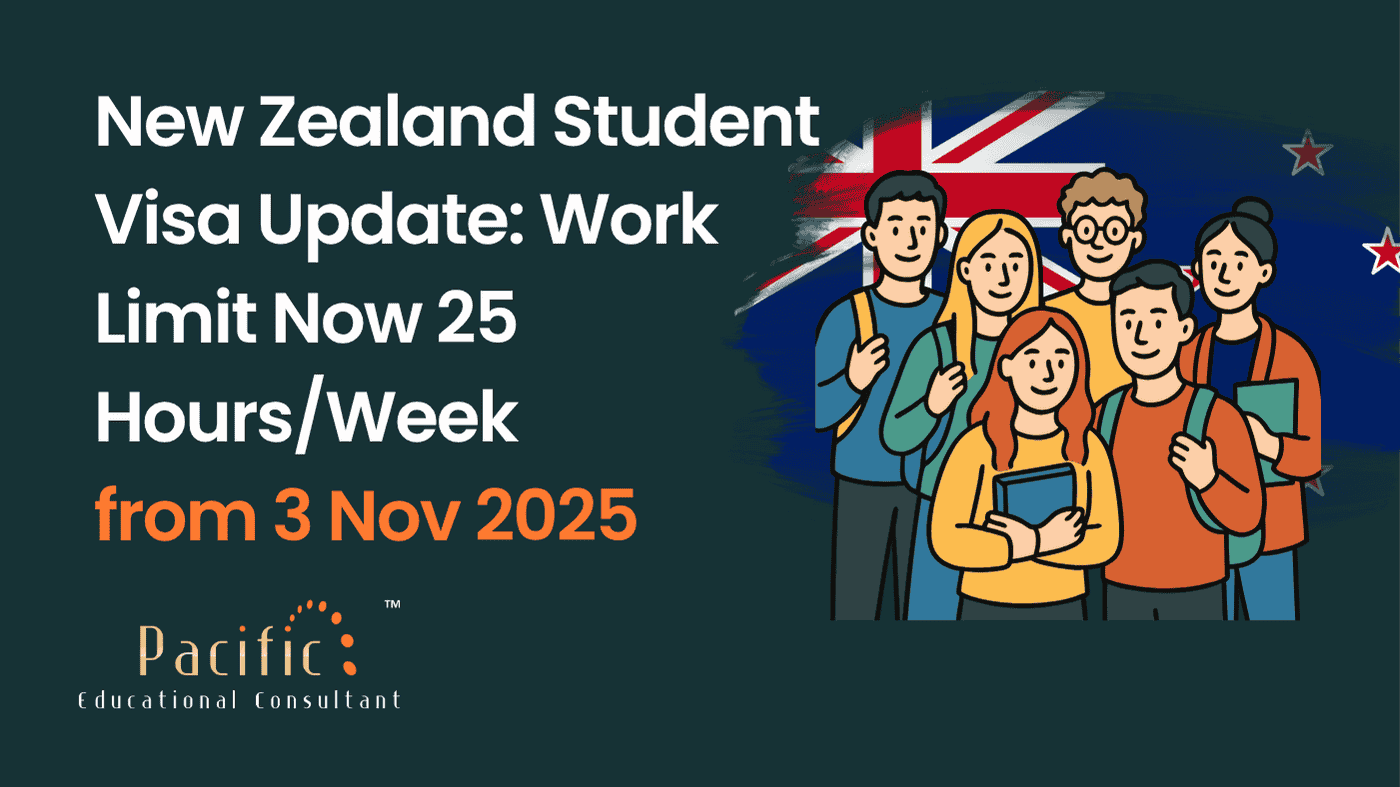
New Zealand Student Visa Update: Work Limit Now 25 Hours/Week from 3 Nov 2025

Describe a family member who you want to work with in the future - IELTS Cue Card
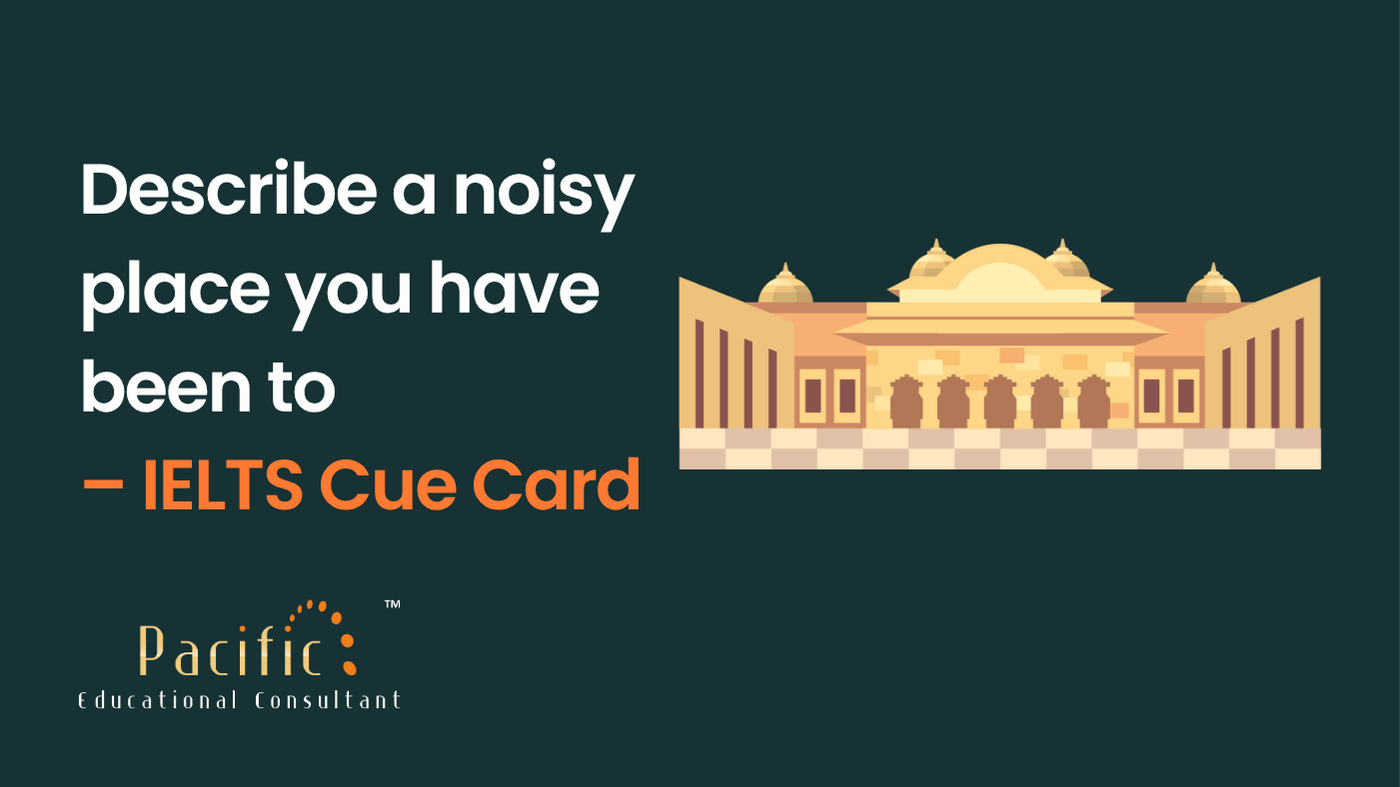
Describe a noisy place you have been to - IELTS Cue Card
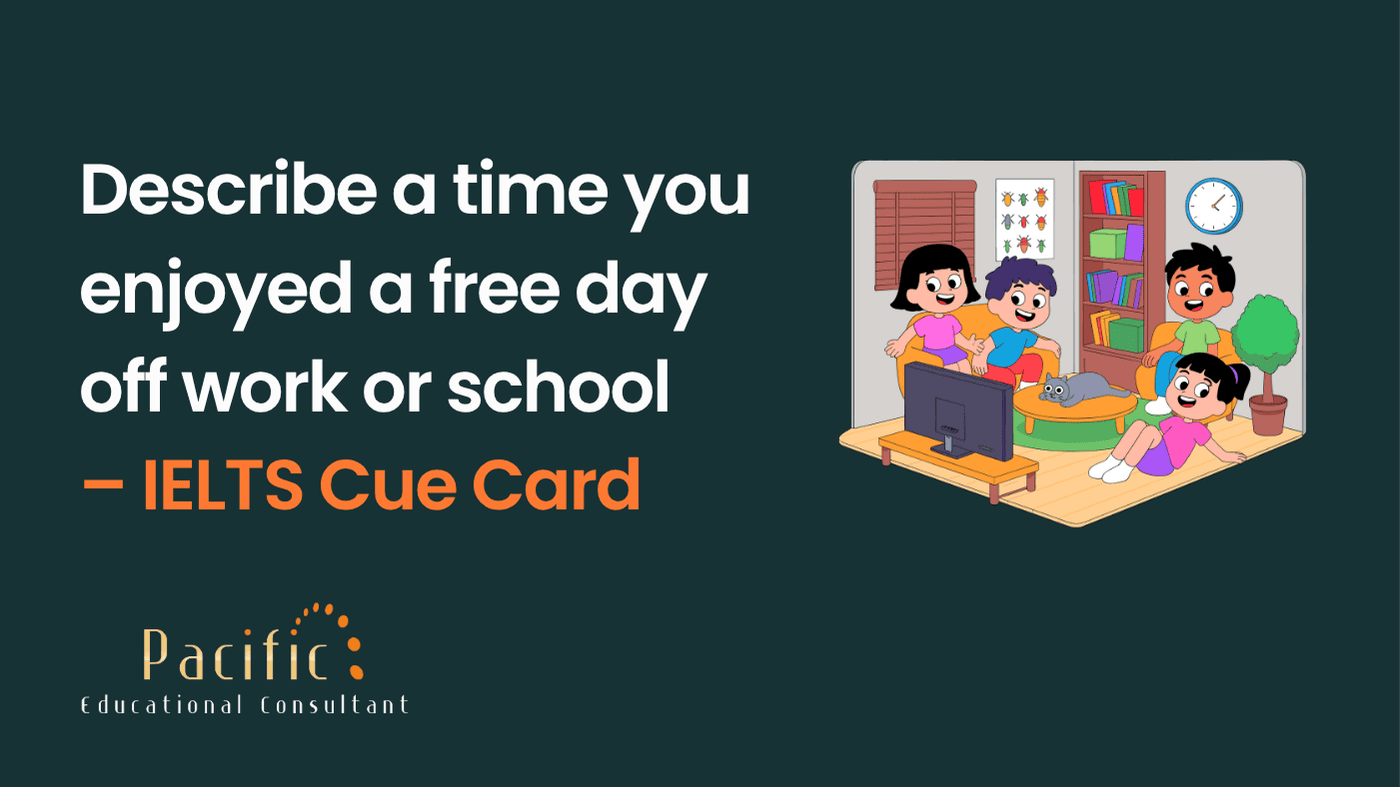
Describe a time you enjoyed a free day off work or school – IELTS Cue Card
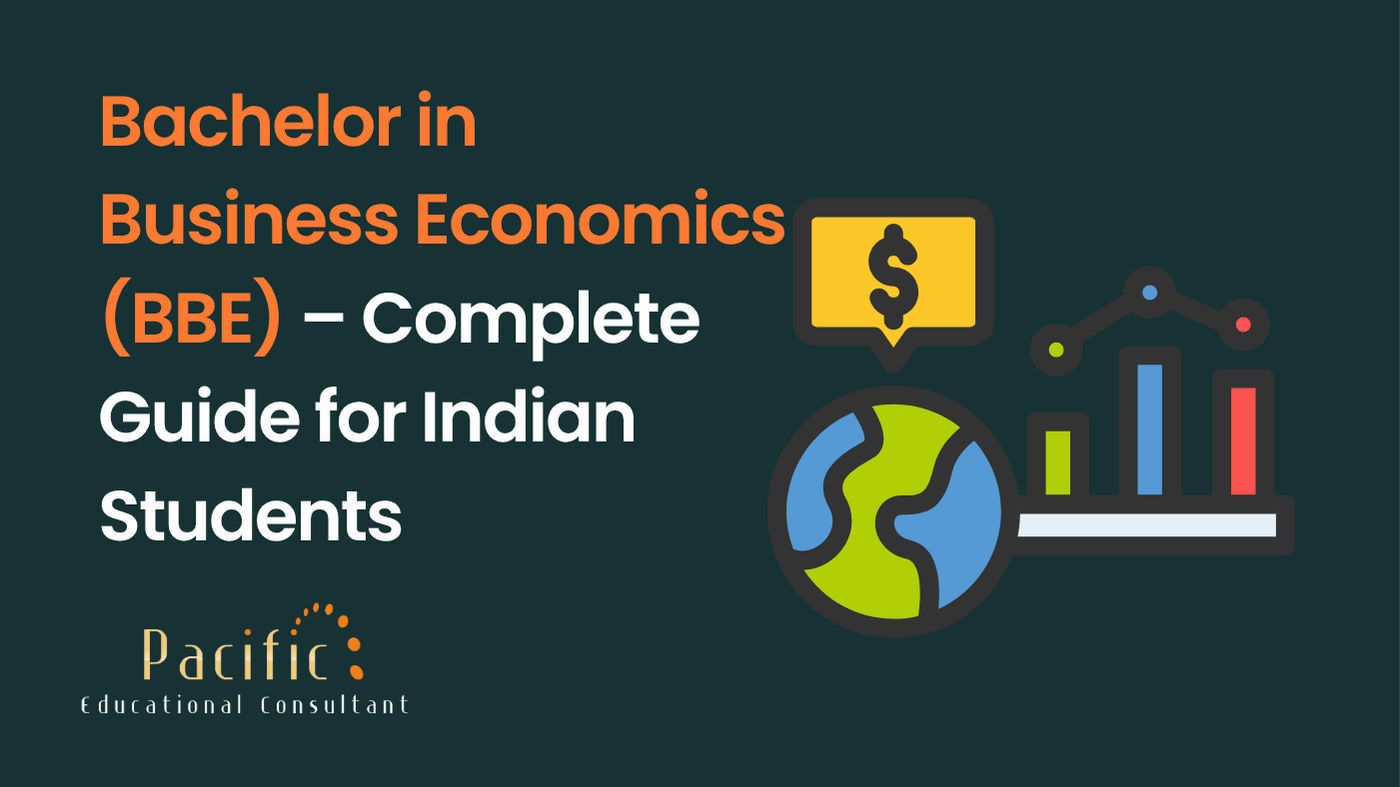
Bachelor in Business Economics (BBE)

BE IT Full Form: Complete Guide to Eligibility, Syllabus, Fees, and Career Scope